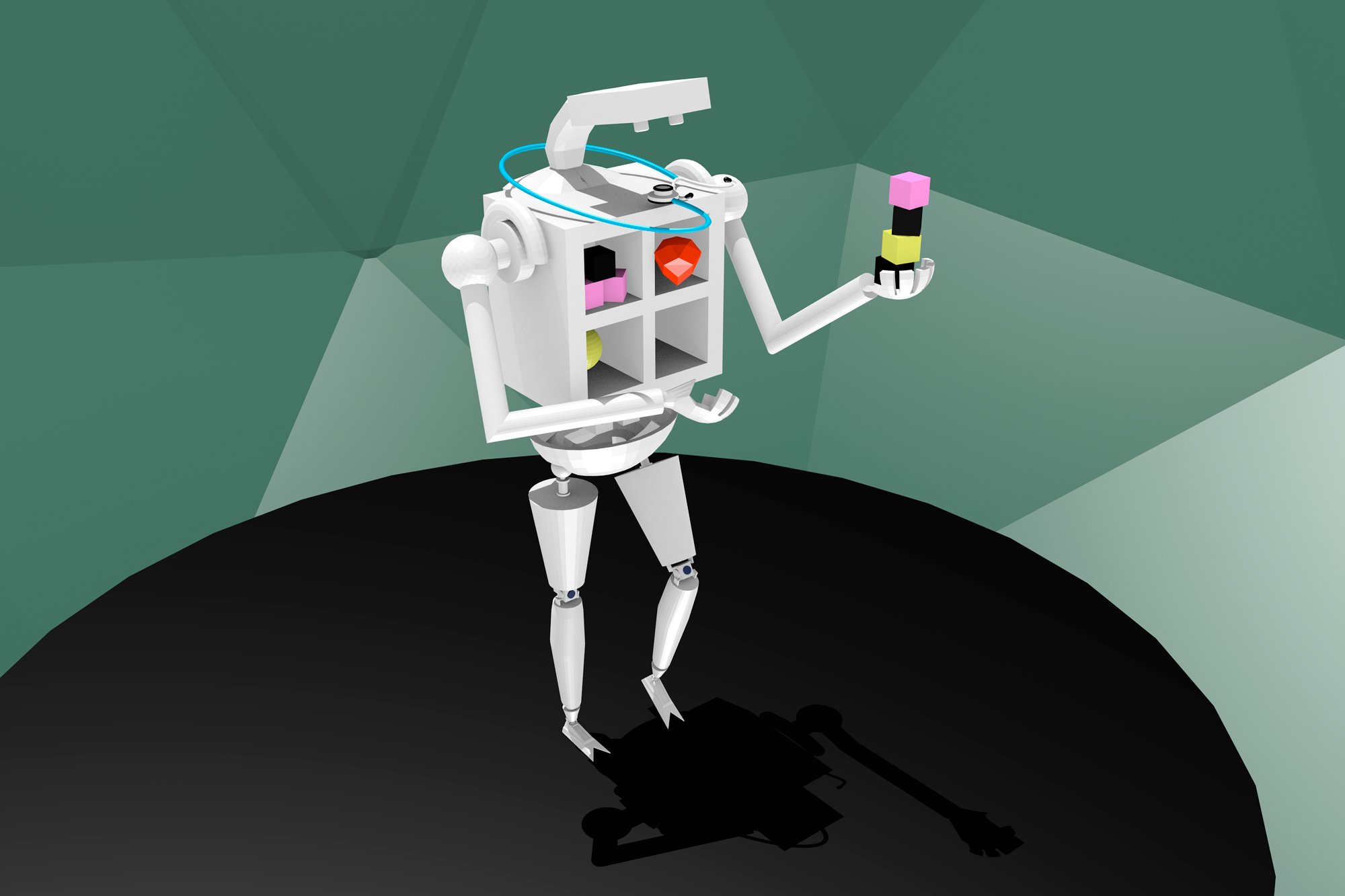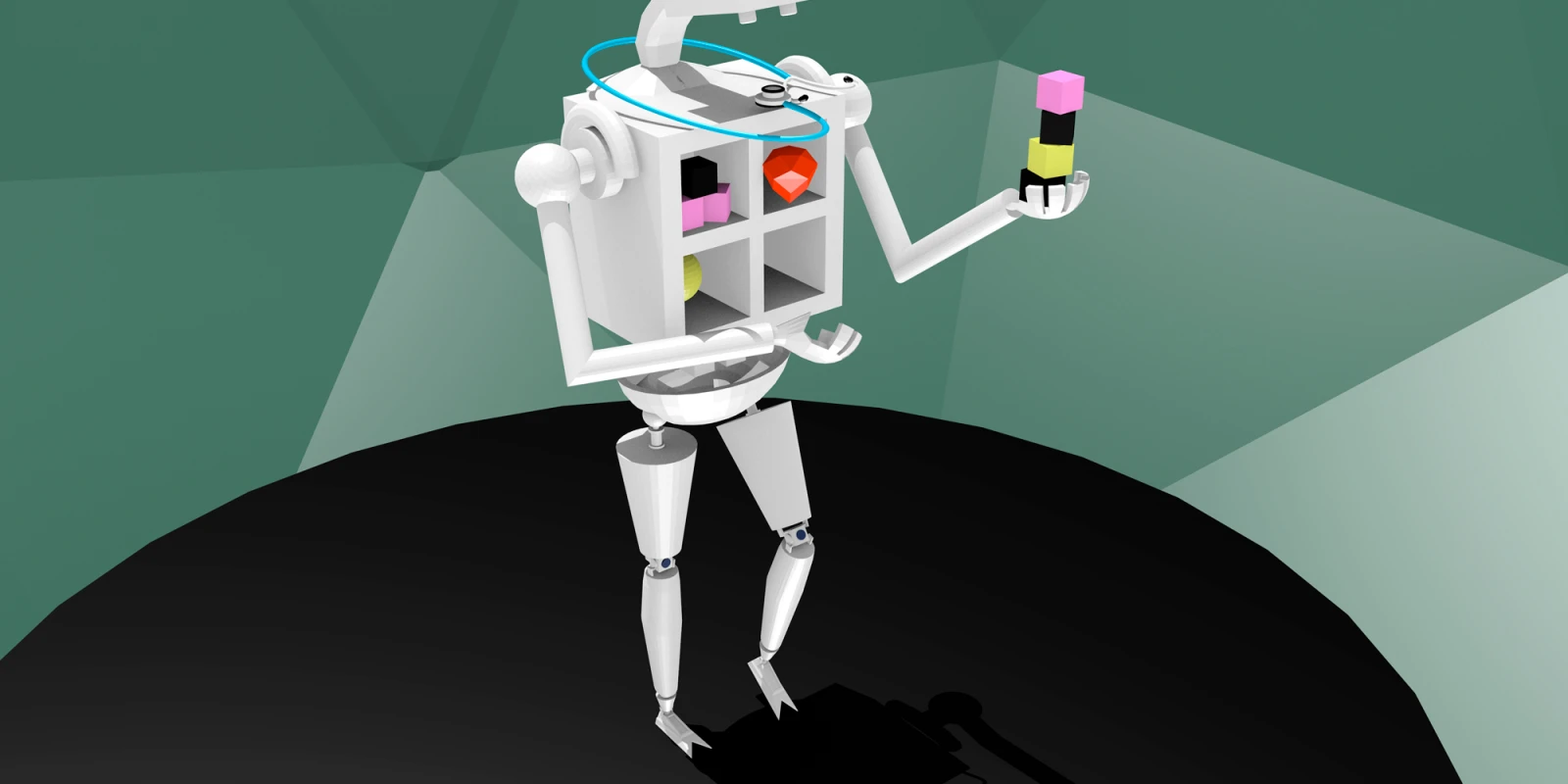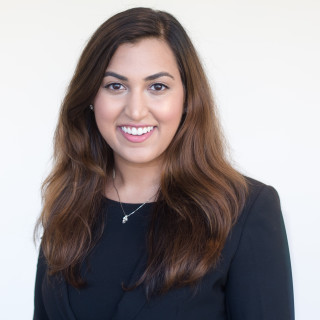 What happens when your biggest motivator in medicine suddenly becomes a stressor?
What happens when your biggest motivator in medicine suddenly becomes a stressor?
Many of us have unique reasons for entering the medical profession. Undoubtedly, our environment and experiences shape the motivation to pursue extensive years of training. Although my purpose and passion in the field have evolved over time, I return to the experiences my family has had as patients in our health care system.
For the past 25 years, my father has suffered from a chronic autoimmune condition. From a young age, I had the opportunity and responsibility to be involved with his care. Prior to medical school, these experiences fueled my desire to understand the patient experience and to improve it as a provider.
With optimism in my cup, pursuing a career in medicine was reflexive. As I moved through the past five years of patient encounters and clinical experiences, I have seen him in my patients. I am reminded of how challenging managing any medical condition, particularly chronic conditions, are to our patients. When I explain complex pathophysiology or management, I remind myself of the barriers to patient understanding with hopes that my explanations may help lead toward patient empowerment.
In the clinical years of medical school, this led to cultivating empathy in one-on-one interactions with my patients on the wards. However, after long calls and days on service, I was emotionally exhausted. Poignantly, I can recall a month in which almost weekly, we lost a patient despite our strongest efforts. The losses drained me and the rest of my team members. Every morning, I would come to pre-round in darkness and leave once more in darkness — inevitably falling asleep on my couch instead of my bed, sometimes midway through eating dinner. It was more challenging to separate my world from my service in the hospital. On my days off, I had hoped our patients would continue to make strides in their healing.
During that same rotation, my father had come down with the flu — despite his vaccination — and had to be admitted to the hospital. My mother kept calling me for advice on his management, but I was swamped clinically. Prior to his hospital admittance, I ignored his fevers — not offering the same empathy I had given my patients all day long. I spoke with his care team on my way home from the hospital in the evenings and I tried to focus on work during the day. My tank was empty. I felt depleted. It felt easier to be there for my patients in real time and simultaneously harder to be a virtual daughter. I had nothing left to give to my father’s care.
I realize this is only the beginning of this emotional conundrum. During my career, the complications and personal/professional responsibility are only going to continue to increase. The ways to cope with professional stress, and likely ailing family members in the future, is a challenge for many of us in healthcare. I cannot plan for what I can anticipate in the future, without knowing when it will occur. Undeniably, emotional exhaustion and burnout can happen from sources outside of our control, and even outside our professional roles.
The experiences that fuel us in our lives have the very same risk of also requiring emotional investment beyond our capacity. I am now learning the importance of finding allies to facilitate the care of the people I care about, especially in moments when I may not be able to be as involved as I would like to be.
Shree Agrawal is a fourth year medical student at Case Western Reserve University, where she also completed her BS degree in biology. She is passionate about research surrounding patient decision-making and is applying for urology residency this fall. Shree has recently completed a clinical research fellowship in genitourinary reconstruction at the Glickman Urological and Kidney Institute at Cleveland Clinic and currently blogs for Doximity and the Association of Women Surgeons. In her free time, she enjoys boxing, practicing yoga, and cooking. She is a 2018-2019 Doximity Author. Twitter: @ShreeAgrawal21
Illustration by Jennifer Bogartz







